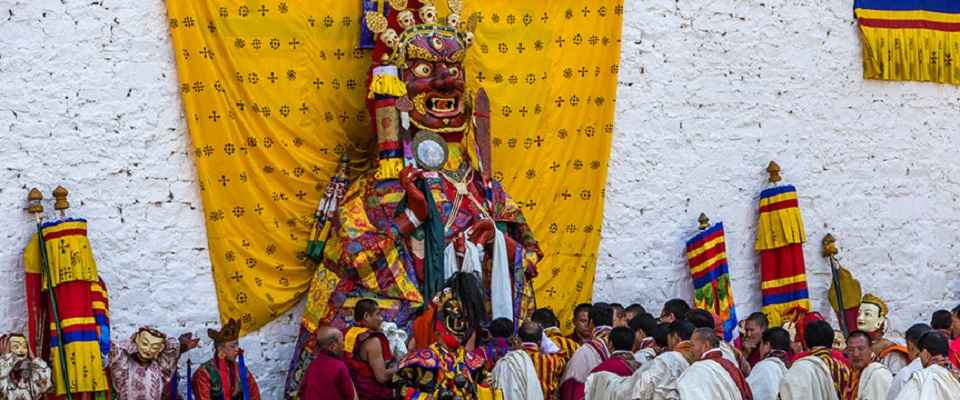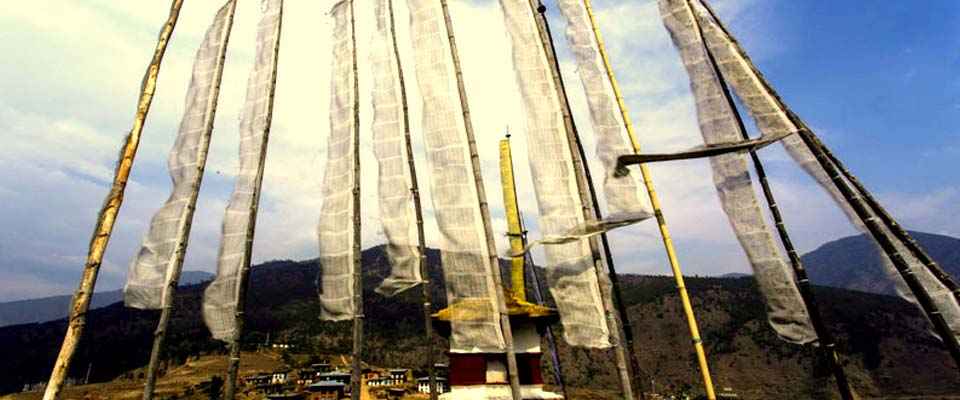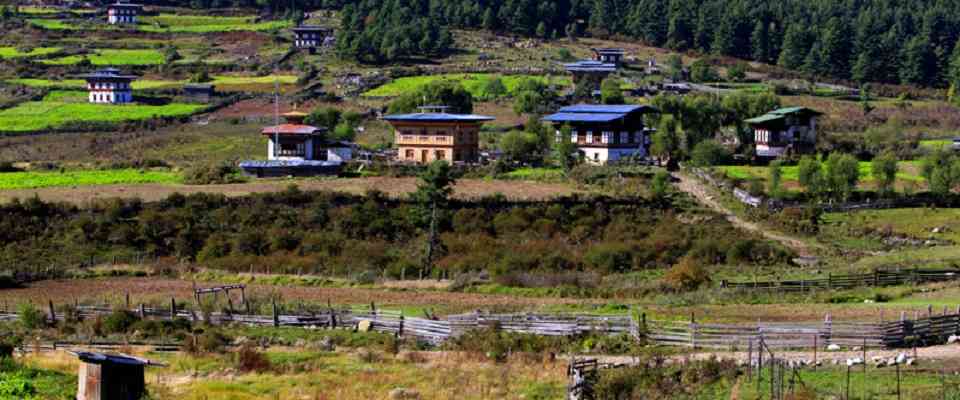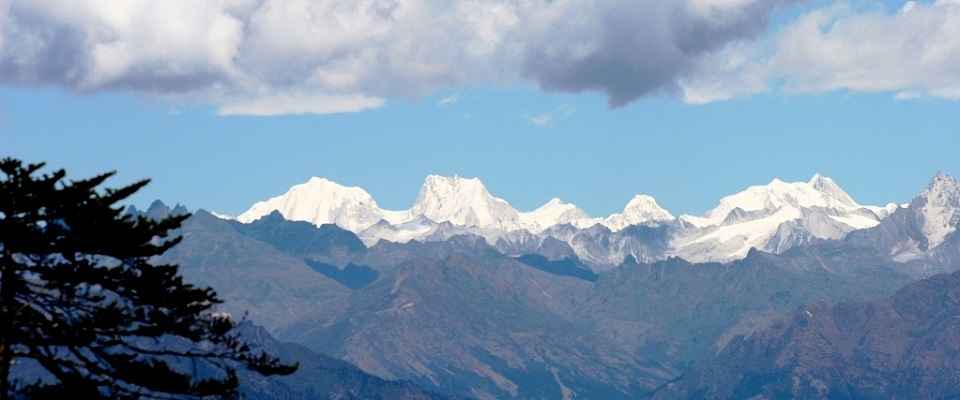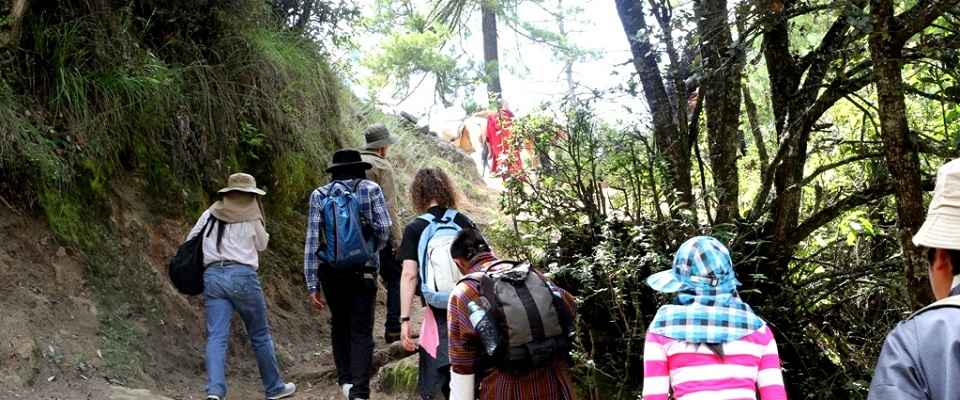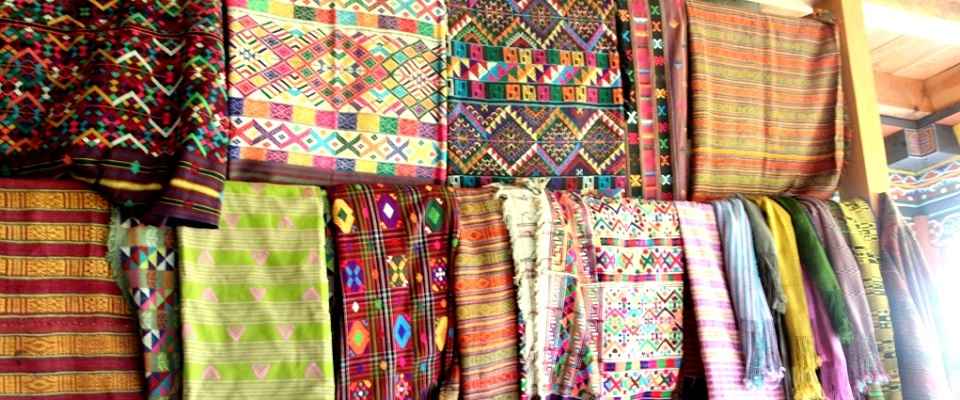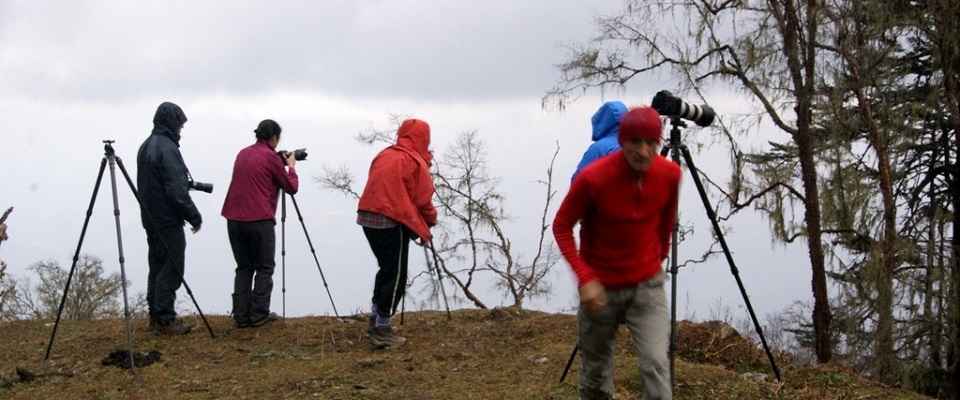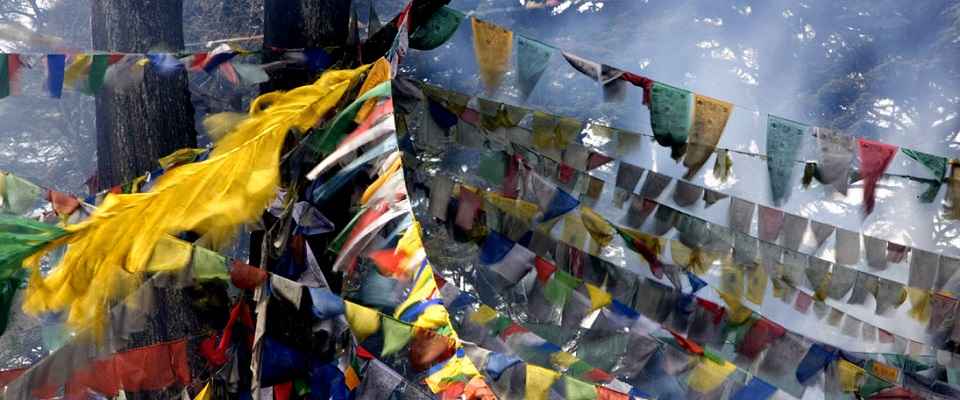The Fukushima nuclear disaster in Japan caused many Japanese farmers to lose their farms.
As a show of solidarity and support, the prime minister, Jigmi Y Thinley, will explore the possibility of inviting some of these farmers to Bhutan, to live and work alongside Bhutanese farmers, when he visits Fukushima, later this month.
Lyonchhoen who leaves for New York tomorrow, to attend the 66th session of the UN general assembly, will stop over in Japan on his return trip. Lyonchhoen explained that, during his stopover, he would visit Fukushima, “to express our solidarity with the Japanese people”.
Lyonchhoen said the idea of inviting Japanese farmers was first proposed to him by a Japanese participant during an international conference held in Thimphu. He said he welcomed the idea of Japanese farmers coming to Bhutan, to grow buckwheat in partnership with Bhutanese farmers, and as per Japanese standards. This buckwheat would then be exported to Japan and the gains shared between the growers. While the idea has been discussed with Japanese counterparts, Lyonchhoen said that it had not developed as initially planned. But he pointed out that he is still pursuing its implementation.
“And so we’re exploring the possibility of some Japanese farmers coming here under some arrangement,” he said.
Lyonchhoen will use his visit to Fukushima to see how many Japanese farmers may be interested in the idea. He said that 8 to 10 families would be enough for the plan to go ahead. “If there are enough such people, then I’ll come back and see what we can do to accommodate them,” said Lyonchhoen. He explained that the Japanese farming families would most likely share land that is unused by Bhutanese farmers. “I feel there should be no difficulty, and the reason is because many of our highland farmers are leaving their land fallow.”
Such an arrangement would possibly last around 3 to 4 years, said Lyonchhoen. This would be the time required for the nuclear land contamination to dissipate. The Japanese farmers could then return to their own farms.
Lyonchhoen said he also saw this as an opportunity to create and develop a market in Japan for the buckwheat that may be grown here. “So this is basically for mutual benefit,” he said.
Another approach that could be pursued would be for Japanese volunteers to come to Bhutan and train Bhutanese farmers in the Japanese way of cultivating buckwheat. “Most Bhutanese feel a tremendous sense of sympathy and empathy with the Japanese people,” said Lyonchhoen. “And we want to support them in any way that we can.”
The prime minister is visiting Japan on the invitation of the International Union of Architects for its 24th World Congress.

